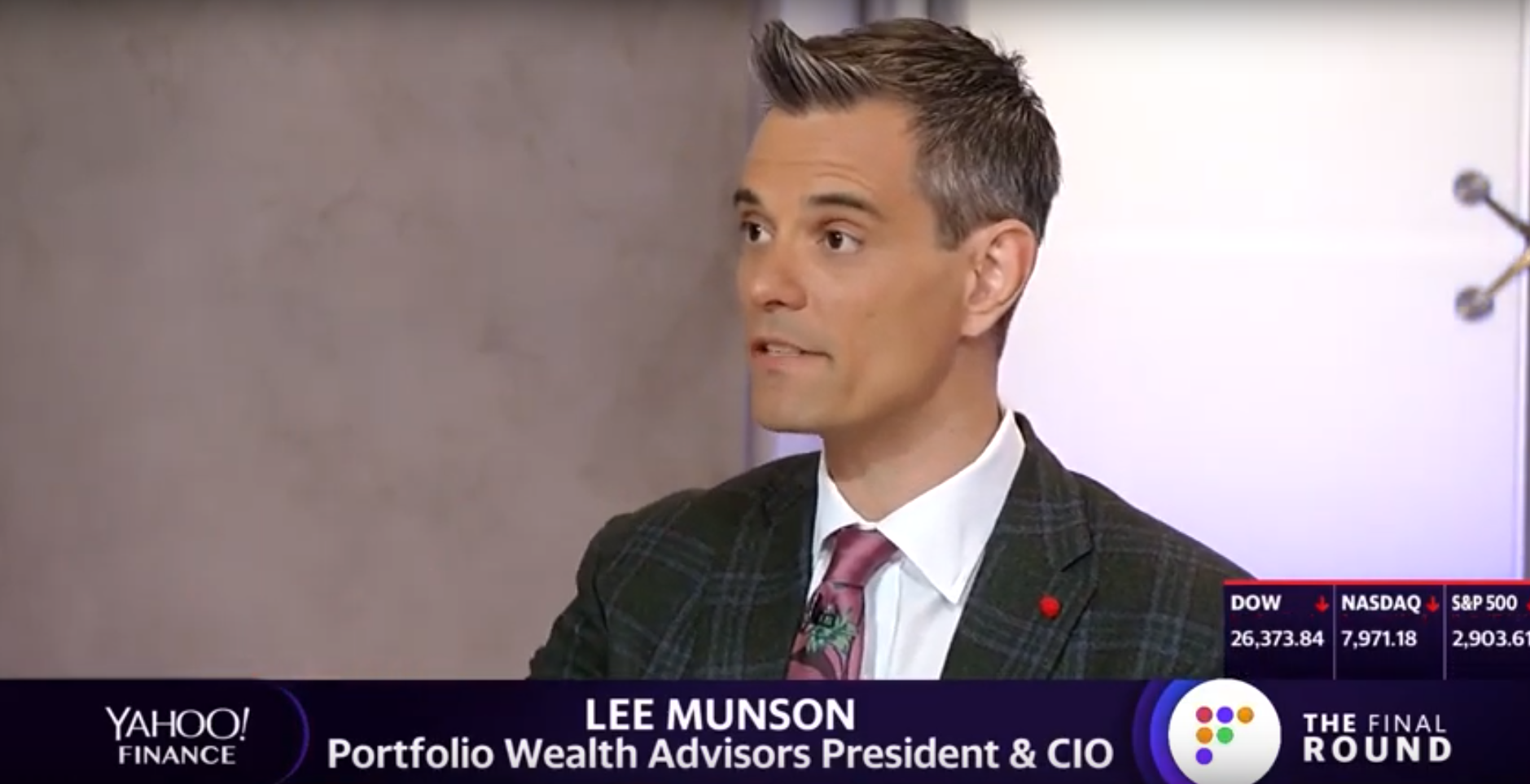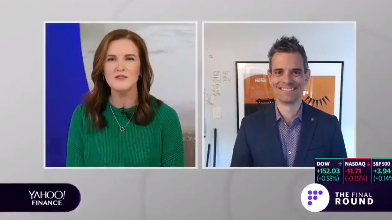The top was consumer staple stocks, specifically PG and CL. But, that’s not really the point I was trying to make. Sure, I use to trade stocks all day, but let me break down the core message:
1. The time to buy defensive stocks is before a correction, not after.
2. Don’t get caught up in short term stock movements - it tells you nothing.
3. Focus on the big picture and know where you would buy and take profits on a globally diversified stock and bond portfolio.
Of course, that doesn’t make great TV. So, I got into the weeds on an activist shareholder that pressed for changes at PG and made a ton of money off it. My big point? Don’t buy up some other guys winning position - cat’s out of the bag. On Clorox my point was simple, they are spending more to boost sales, but profits are suffering. My point is to beware of firms that buy revenues - a popular thing in tech-land, but it happens everyplace. Outside of that - I really ‘put it to the man’ by not wearing a white dress shirt, instead a vintage design by Ted Baker. It was so subversive, nobody even noticed. . .


